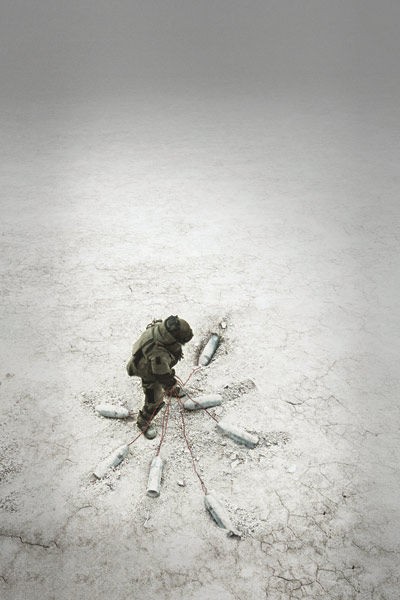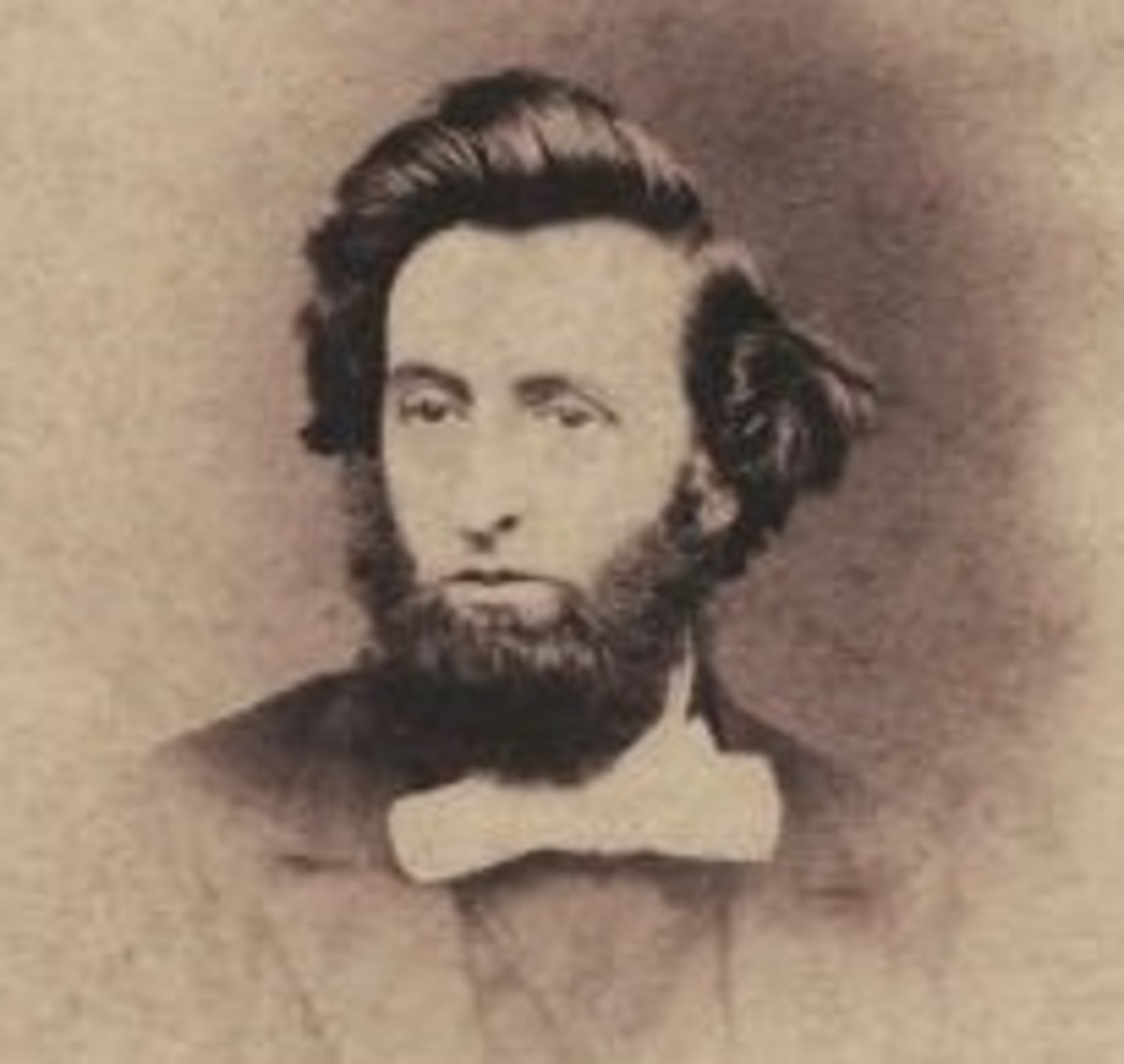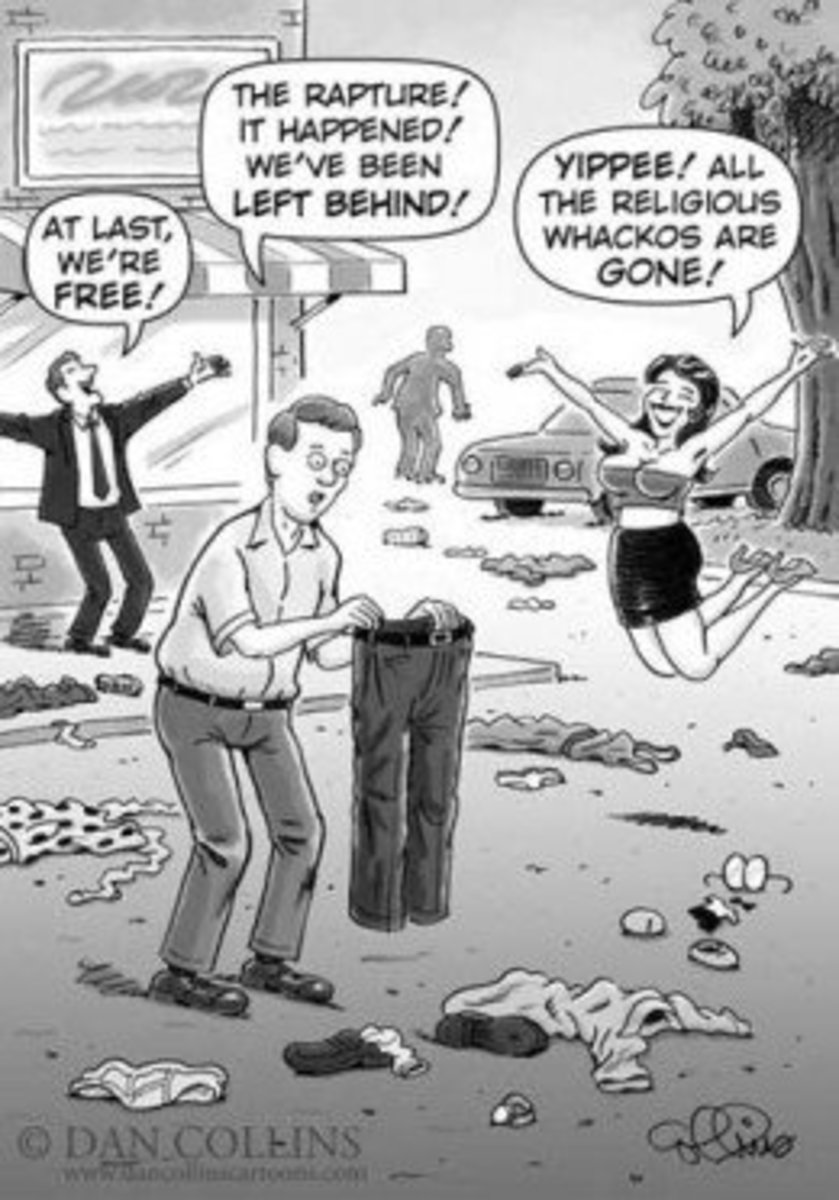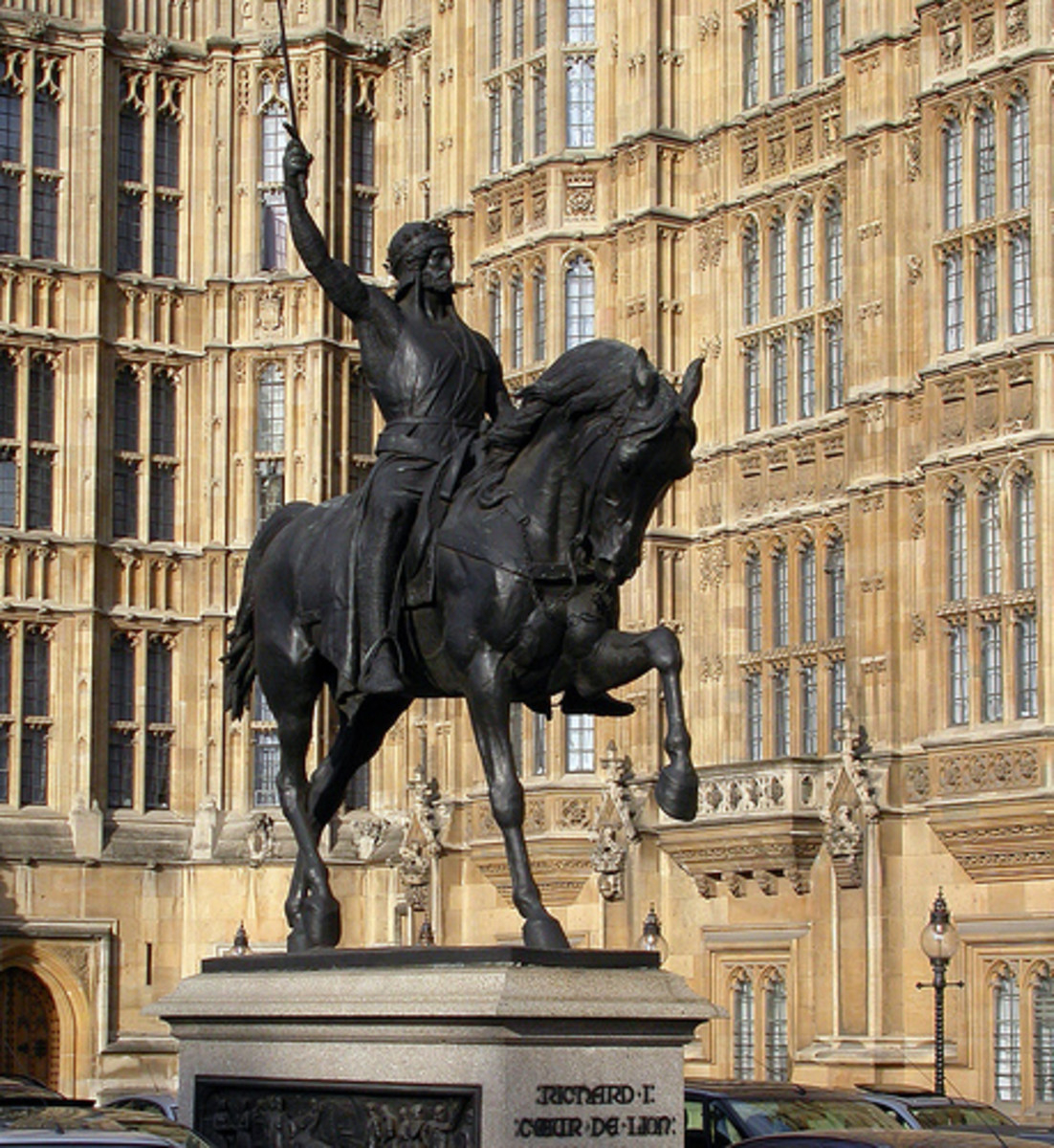Movie Parables: The Hurt Locker

We Live In A World Of Pain—A Landscape Littered With Hidden Landmines
In the war drama, The Hurt Locker,[i] Staff Sergeant William James is a member of the Army’s elite bomb squad unit serving in Iraq. He has one of the most dangerous jobs in the world—to disarm terrorist bombs before they detonate. William is looked upon and labeled as “a wild man” feeding off the pressure and recklessly diving into dangerous situations with complete abandon. The men in his unit think that he is a liability. His carelessness could get them killed as he places them in harm’s way.
After watching the film, I came away wondering about the movie title. When you think about it, “the hurt locker” can mean a thousand different things to a thousand different people. It will depend on how you interpret it in light of the film. The opening line of the story is telling: “The rush of battle is often a potent and lethal addiction, for war is a drug.”[ii]
The secret is out in a scene as William talks to his baby boy about the things he loves saying, “by the time you get to my age, maybe it's only one or two things. With me, I think it's one.” By necessity, he has learned how to love the ‘one thing’ that would make him dead or alive—his dangerous job description of a drug.
If you take a hard look at William’s world, it isn’t any wonder why he chooses not to evade, but embrace his explosive obstacles. In order to overcome the fear of death, one must choose to diffuse one’s life by dying to self. Therein lies our deliverance. Death is rendered powerless over the dead. Then you come to realize that he isn’t a reckless wild man, but a deliberate dead man. How does William maintain his sanity in every insane situation? And how has he managed to brush off his appointment with death many times over? By necessity, he has learned to love what he does every time he is called upon to venture into the bowels of hell to diffuse another unstable bomb. In the process, he saves a bit of Baghdad’s population from blowing up to pieces.
After every nerve-wracking mission, William stores these disarmed explosive devices that threatened to kill him in a box—a hurt locker. So therein lies our clue: The hurt locker is a safe storage place where potential pain has been diffused and dealt with.
We live in a world of pain—a landscape littered with hidden landmines that have destroyed lives. Where will those who suffer from despair, loneliness, or loss turn to? The body of Christ, the church in the world, opens its doors to the fallen debris of humanity. In truth, the church is a hurt locker where human pain is diffused thru forgiveness and restoration—it’s a storage of broken people being built up in Christ. Do our churches bring healing or cause more harm than good? If Christians like those at Corinth condoned or even promoted painful infighting and factions within the walls of the church, how can they invite those without Christ to come and experience his love in a place of refuge and rest?
The temple in Jerusalem served as a hurt locker where God met the needs of his people. The population would go to the temple to seek refuge, learn truth, request prayers, and receive healing. The temple was central in the life of God’s people. But in Jesus’ day, the temple ceased to serve its purpose. In fact, he called it a den of robbers.[iii] The temple system failed to meet the needs and longings of a spiritually lost and pain-ridden people. It preyed on the weak, segregated the unclean, robbed the giver, burdened the worshiper, and looked down on the down trodden. Where is the love? Jesus, on the other hand, welcomed all the powerless people into his presence saying, “Come to me, all you that are weary and are carrying heavy burdens, and I will give you rest.”[iv] The temple system was threatened by Jesus’ presence—for he embodied and executed everything that the temple failed to do. Tragically, the temple’s time of service had run out. Its once subservient but now suppressive system had become obsolete. Jesus had become the portable Temple of God on earth.
Today, the body of Christ, the church, is God’s temple on earth[GS1][GS2][v]—a hurt locker of love. While we live and move and have our being within this sacred locker, why don’t we reread our God-given job description in 1 Corinthians 13:
If I speak in the tongues of mortals and of angels, but do not have love, I am a noisy gong or a clanging cymbal. And if I have prophetic powers, and understand all mysteries and all knowledge, and I have all faith, so as to remove mountains, but do not have love, I am nothing. If I give away all my possessions, and if I hand over my body so that I may boast, but do not have love, I gain nothing. Love is patient; love is kind; love is not envious or boastful or arrogant or rude. It does not insist on its own way; it is not irritable or resentful; it does not rejoice in wrongdoing, but rejoices in the truth. It bears all things, believes all things, hopes all things, endures all things. Love never ends. But as for prophecies, they will come to and end; as for tongues, they will cease; as for knowledge, it will come to an end. For we know only in part, and we prophesy only in part; but when the complete comes, the partial will come to an end. When I was a child, I spoke like a child, I thought like a child, I reasoned like a child; when I became an adult, I put an end to childish ways. For now we see in a mirror, dimly, but then we will see face to face. Now I know in part; then I will know fully, even as I have been fully known. And now faith, hope, and love abide, these three; and the greatest of these is love.
This chapter enables us to embody this love in order to edify the people of God through the multifaceted ministry of spiritual gifts. The church continues to fulfill the mission of Christ in the world. Empowered by the Holy Spirit, the church is Christ’s hands and feet called to reach out to the poor, the captives, the blind, and the oppressed[vi] in faith, hope, and above all, love.
Endnotes
[i] The Hurt Locker (Voltage Pictures, 2008) written by Mark Boal and directed by Kathryn Bigelow.
[ii] Ibid. The film’s opening quote by Chris Hedges.
[iii] Matthew 11:17.
[iv] Matthew 11:28.
[v] 1 Corinthians 3:16. In John 2:21 Jesus spoke of the temple of his body.
[vi] Luke 4:18.
Copyright 2009, Gicky Soriano. All rights reserved.
The Hurt Locker (2009) - Official Trailer
More Movie Parables
- Movie Parables: The Thorn Birds
The Thorn Birds is the second most-watched miniseries in television history. This multi-Emmy award winning film epic was set in Drogheda, a sheep station located in the Australian outback between the years... - Movie Parables: Blade Runner
Director Ridley Scotts 1982 film adaptation of Philip K. Dicks science fiction novel Do Androids Dream of Electric Sheep? (1968) failed to draw rave reviews from movie critics and audiences alike at its... - Movie Parables: Chariots of Fire
The true story of two British track athletes who compete in the 1924 Paris Summer Olympics was captured in the historic film drama Chariots of Fire. Harold Abrahams, a determined Jewish student, ran for... - Movie Parables: Gods and Generals
Jeffrey M. Shaaras bestseller, Gods and Generals was made into an epic motion picture that charted the early years of the American Civil War as well as the rise and fall of legendary war hero Stonewall... - Movie Parables: Les Miserables
The 1998 film, Les Misrables, translated the Wretched Poor, is based on the famous 1862 novel by French author Victor Hugo. The story revolves around an escaped prisoner by the name of Jean Valjean... - Movie Parables: Major League
Im thinking about Jake Taylor, a baseball catcher playing for the Cleveland Indians in the 1989 film Major League. There was a time when he was one of the best in the game until his knees were shot-out. ... - Movie Parables: The Matrix
In the science-fiction film The Matrix, the real world has been taken over and controlled by the machines. The humans are prevented from knowing the unseen reality of their world. The machines use the minds... - Movie Parables: The Right Stuff
Has your world ever gotten rocked in the worst way? You wake up early one sunny morning, brew your best blend of coffee, and ease into your favorite recliner to read your Bible, the newspaper or a... - Movie Parables: Apollo 13
My son and I, caught the Apollo 13 matinee feature in the mid-nineties. The movie was as intense and heart stopping as the critics said it would be. I believe I was just about my sons age when this...








